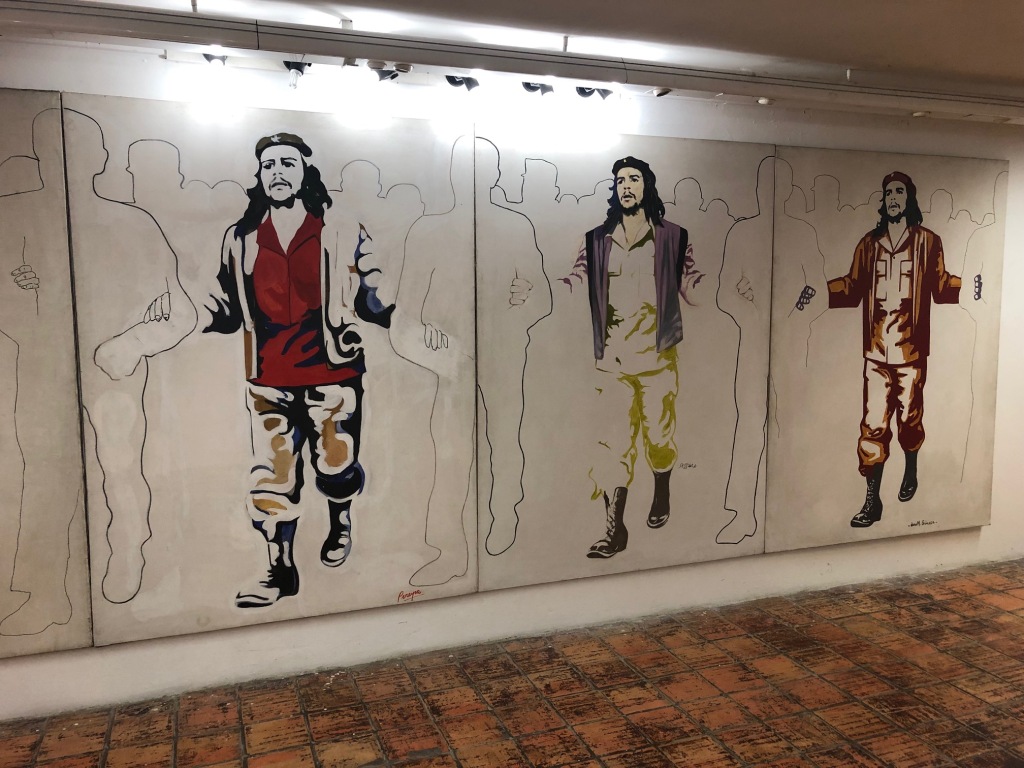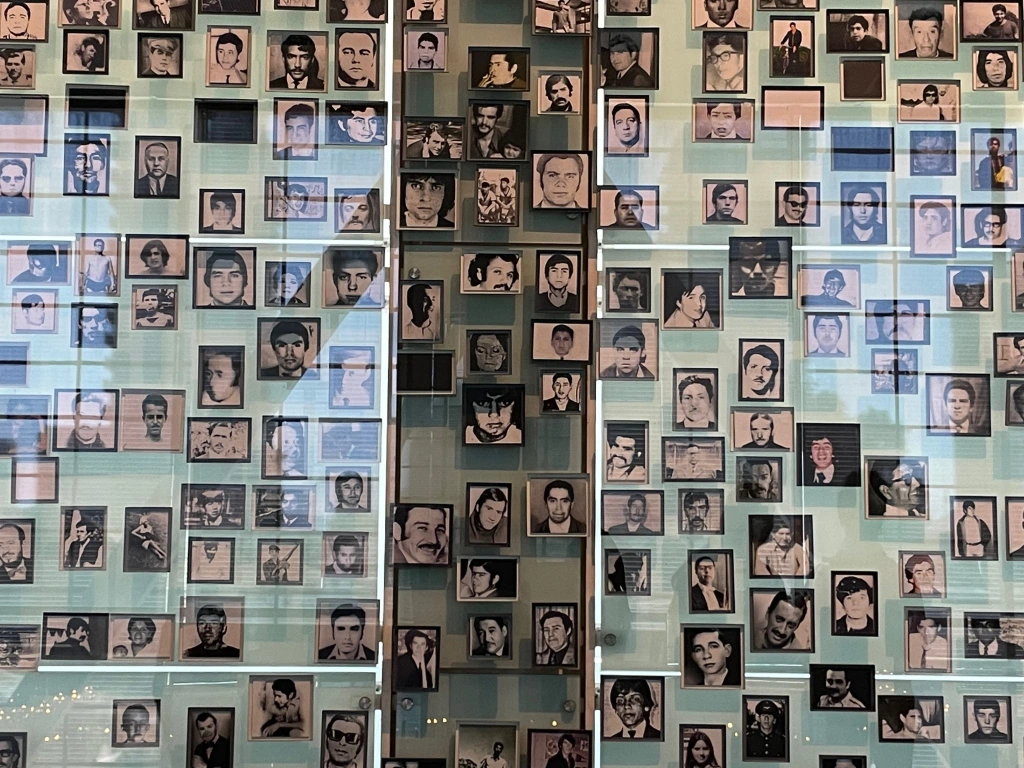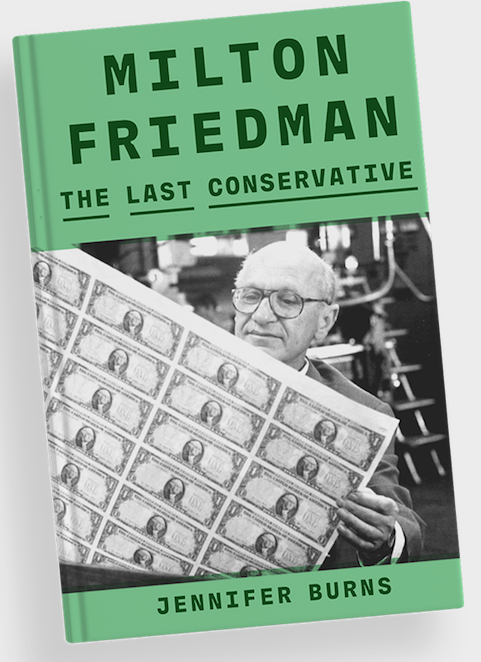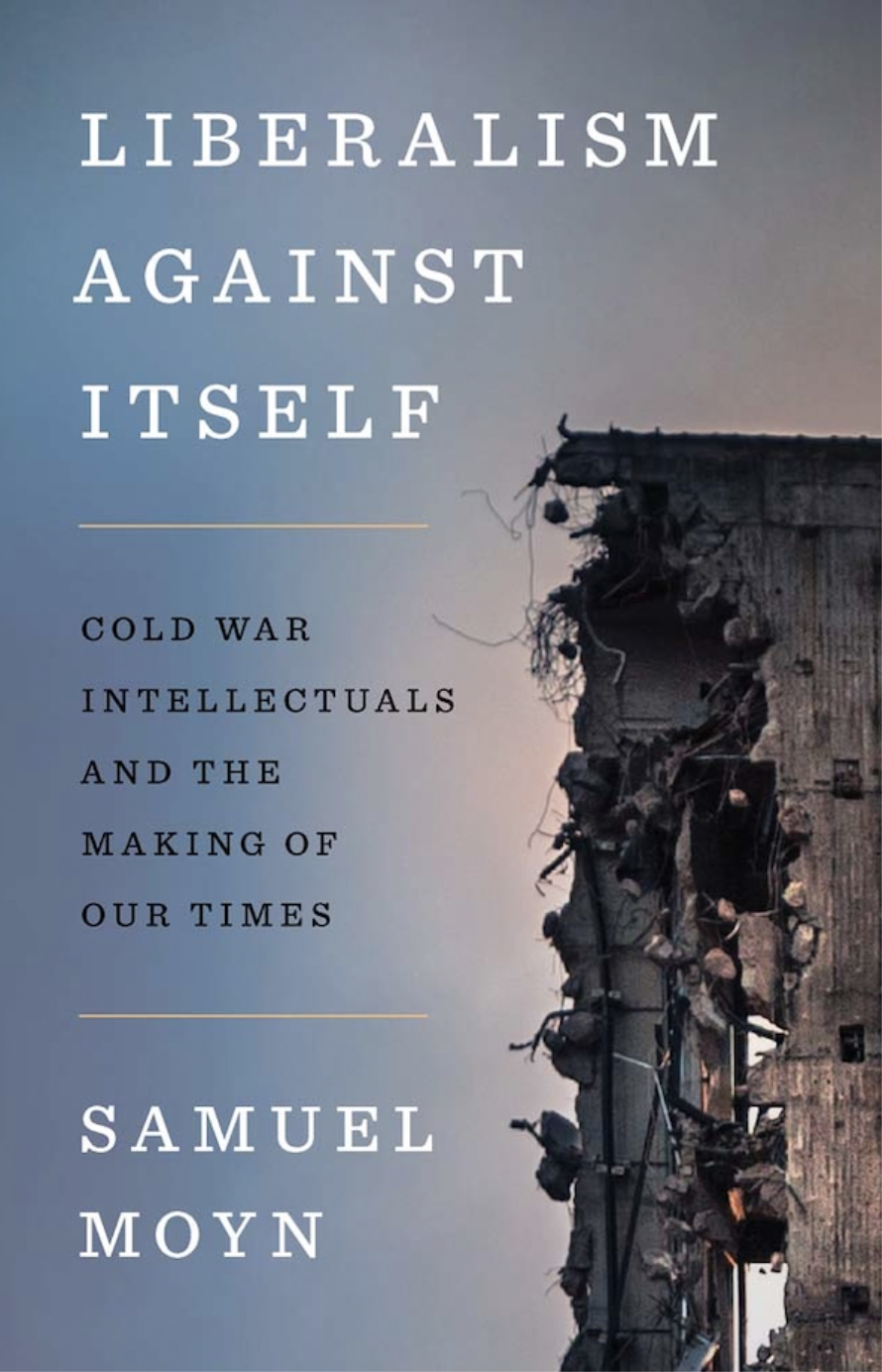
History 730
Cold War Latin America
Professor Patrick Iber
This course will provide a forum for learning and discussing the history of Cold War Latin America. Central themes include political violence, economic inequality, and social revolution. The class will feature a range of geographically and methodologically diverse readings that highlight recent changes to our understanding of the region in this period. Broad interpretations will be put in conversation with specialized monographs. Readings include books that foreground political, cultural, social, and economic approaches, as well as insights from the history of gender, digital history, and transnational history. The course is open to all M.A. and Ph.D. students, including those whose primary area of study is not Latin America but who would benefit from the comparative analysis. The final project will be a historiographical paper on a topic chosen by the student.
This course counts for three credits. The credit standard for this course is met by an expectation of a total of 135 hours of student engagement with the course’s learning activities (at least 45 hours per credit or 9 hours per week), which include regularly scheduled meeting times (group seminar meetings of 115 minutes per week), dedicated online time, reading, writing, field trips, individual consultations with the instructor, and other student work as described in the syllabus.
The primary goals of this class are to give graduate students an opportunity to
- Gain an understanding of recent trends in the historiography of Cold War Latin America,
- Critically evaluate the strengths and weakness of historical monographs,
- Evaluate and apply the methods used for historical analysis, and
- Communicate ideas in written work and discussion according to professional standards.
Course expectations:
- Discussion, 24%: should be active, engaged, thoughtful, and open to learning from others.
- Short responses, 19%: each week of readings (excepting the first) you should write a 300-500-word short response. Print two copies and bring them with you to class. They will be circulated and read by all before we begin our discussion. You can try to answer one or some of the questions posed that week, or comment on any aspect of the reading you found notable and would like to discuss further. The response must end by posing an open-ended question, posed to the class, that can serve as the basis for discussion. Go beyond factual matters: what are the stakes? What matters about this book and our understanding of it?
- Historiographical paper, 57%: at the end of the course, students will write a paper. I would like you to take three monographs that cover the same topic, or are at least closely related. I would like you to focus on analyzing the approach taken by the authors. How do the works situate their topics with respect to the Cold War? How do they define the Cold War, perhaps implicitly? Is there a development in the historiography, or any particular trend in evidence? Is there a relationship between methods adopted and interpretations or conclusions? The paper should be approximately 20 pages in length, and analyze at least three books not on the reading list. (If you want to include a fourth book that is on the list for purposes of writing, that is fine.)
- Don’t let grades interfere with your learning; the purpose of education lies elsewhere.
Course texts:
Please note that in one week you can choose among a variety of books. I have not listed all of them here. Some books are available as ebooks or library reserve.
Greg Grandin, The Last Colonial Massacre: Latin America in the Cold War, (Chicago: University of Chicago Press, 2004).
Ernesto Semán, Ambassadors of the Working Class: Argentina’s International Labor Activists and Cold War Democracy in the Americas(Durham: Duke University Press, 2017).
Alejandro Velasco, Barrio Rising: Urban Popular Politics and the Making of Modern Venezuela. (Oakland: University of California Press, 2015).
Lillian Guerra, Visions of Power in Cuba: Revolution, Redemption, and Resistance, 1959-1971, (Chapel Hill: University of North Carolina Press, 2012).
Hal Brands Jr., Latin America’s Cold War, (Cambridge: Harvard University Press, 2011).
Rob Karl, Forgotten Peace: Reform, Violence, and the Making of Contemporary Colombia, (Oakland: University of California Press, 2017).
Amy Offner, Sorting Out the Mixed Economy: The Rise and Fall of Welfare and Developmental States in the Americas (Princeton: Princeton University Press, 2019).
Ben Cowan, Securing Sex: Morality and Repression in the Making of Cold War Brazil (Chapel Hill: UNC Press, 2016).
Aldo Marchesi, Latin America’s Radical Left: Rebellion and Cold War in the Global 1960s(Cambridge: Cambridge University Press, 2017).
Tanya Harmer, Allende’s Chile and the Inter-American Cold War(Chapel Hill: UNC Press, 2014).
Heidi Tinsman, Buying into the Regime: Grapes and Consumption in Cold War Chile and the United States, (Durham: Duke University Press, 2014).
Course schedule:
The first day of semester is Tuesday, January 21, and since our class is on a Monday we don’t meet until the following week. Please come to the first class having read Grandin’s The Last Colonial Massacre, which is available as an ebook through the library web site.
- January 27: Greg Grandin, The Last Colonial Massacre
- February 3: Ernesto Semán, Ambassadors of the Working Class
- February 10: Alejandro Velasco, Barrio Rising
- February 17: Lillian Guerra, Visions of Power in Cuba
- February 24: Hal Brands Jr., Latin America’s Cold War
- March 2: Rob Karl, Forgotten Peace
- March 9: Amy Offner, Sorting out the Mixed Economy
- March 16: Spring Break
- March 23: Ben Cowan, Securing Sex
- March 30: Tanya Harmer, Allende’s Chile and The Inter-American Cold War
- April 6: You will choose one of the following
- Alexander Aviña, Specters of Revolution
- Renata Keller, Mexico’s Cold War
- Eric Zolov, Refried Elvis
- April 13: Aldo Marchesi, Latin America’s Radical Left
- April 20: Heidi Tinsman, Buying into the Regime: Grapes and Consumption in Cold War Chile and the United States
- April 27: Vanni Pettinà, introduction to Historia minima de la Guerra fría [PDF provided]
Exams last through May 8th.





Leave a comment